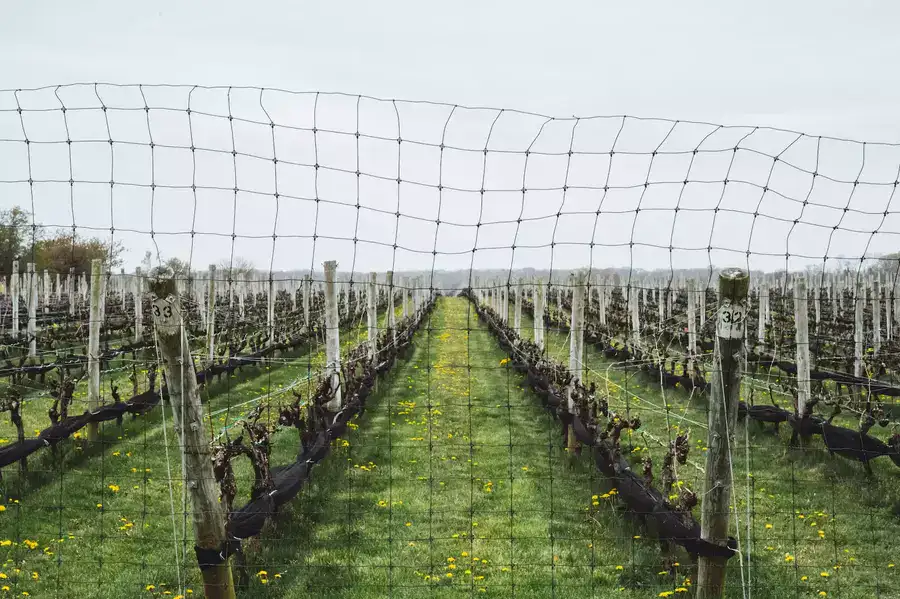As the sweltering Houston summer comes to an end, it's time to think about reinvigorating your lawn with fresh grass seed. But with so many options on the market, it can be hard to decipher which one is right for your yard. Fear not, as we've done the research for you and scoured the market to find the best grass seed for Houston.
From drought-tolerant varieties to lush, thick blades, our top picks are backed by research and proven to thrive in Houston's unique climate. So, put down that shovel and add these high-performing grass seeds to your cart for a lawn that will make your neighbors green with envy.
Related: Best grass seed for high traffic areas
Bermudagrass
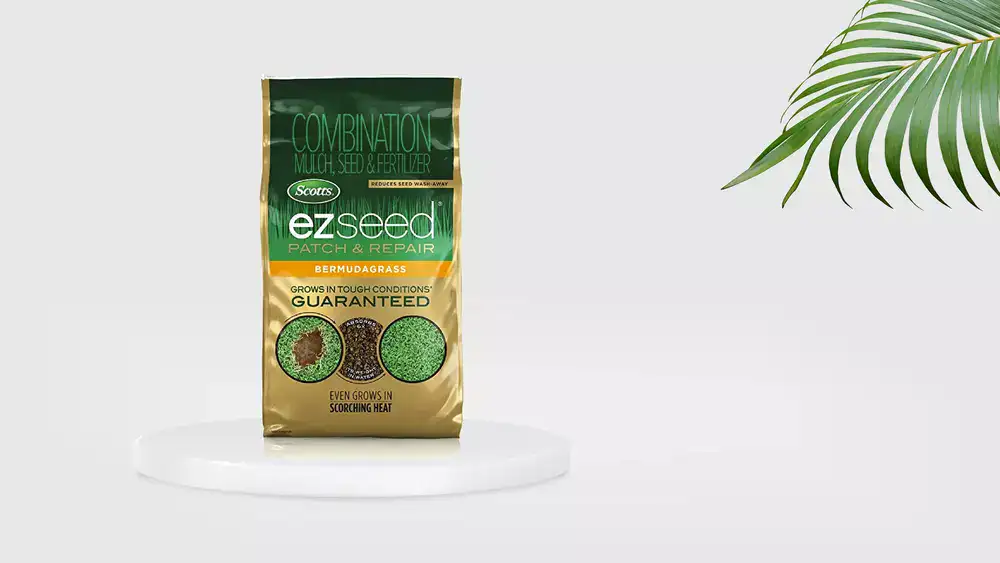
Bermudagrass, or Cynodon Spp., is a battle-hardened contender when it comes to the best grass seed for Houston. Just like Houston's thriving economy, Bermudagrass shows a resilience that is difficult to rival, making it a top contender for high-traffic environments. This warm-season grass handles the bustle of city life like a charm, whether it's being trampled on a golf course, tested on an athletic field, or simply gracing a sun-drenched lawn.
Bermudagrass exhibits an impressive level of drought tolerance, akin to a seasoned astronaut weathering the harsh conditions of space. It's a grass that knows how to conserve resources, requiring minimal water to thrive. This makes it an ideal candidate for Houston's hot summers and unpredictable precipitation patterns. Additionally, its moderate to high salinity tolerance allows it to weather Houston's coastal environment.
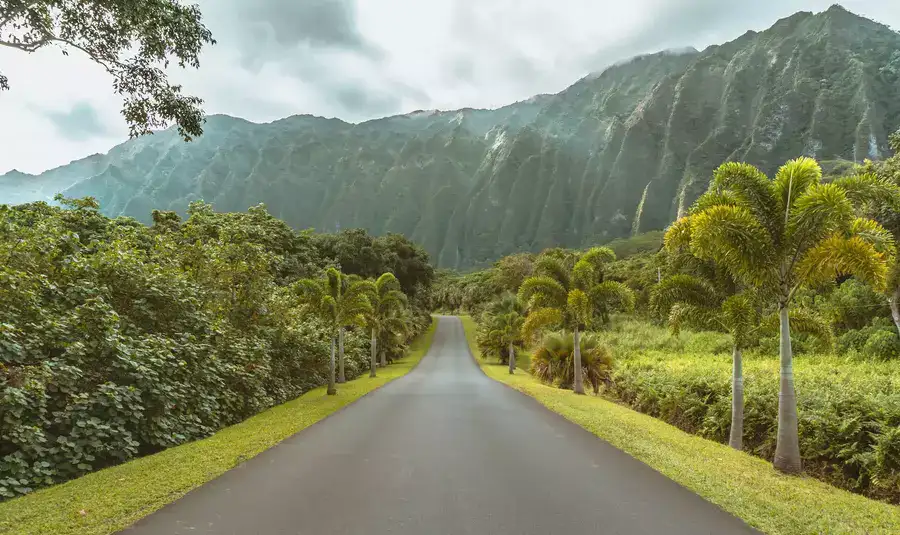
Its strength lies in its aggressive growth pattern, spreading through both above-ground and below-ground runners. Imagine a city's transit network expanding in all directions, and you'll get a sense of how Bermudagrass spreads. However, this strength can also be its weakness, as it can invade areas where it's not wanted. A concrete or metal edge is often necessary to keep it contained, much like the necessary zoning laws in urban planning.
When it comes to maintenance, Bermudagrass is the grass equivalent of a high-performance sports car. It requires frequent mowing, ideally every three to seven days, and a nitrogen fertilizer to keep it looking its best. It’s a grass that enjoys the limelight, requiring full sun and performing poorly in shaded areas. This need for constant attention can be a potential downside for those who prefer a low-maintenance lawn.
Across the Lone Star State, Bermudagrass has established a strong presence. It thrives particularly well on the eastern side of Texas, but its adaptability allows it to tolerate a wide soil pH, making it suited for the entire state. This widespread geographic distribution reflects Bermudagrass's versatile nature, demonstrating its adaptability to different conditions and environments.
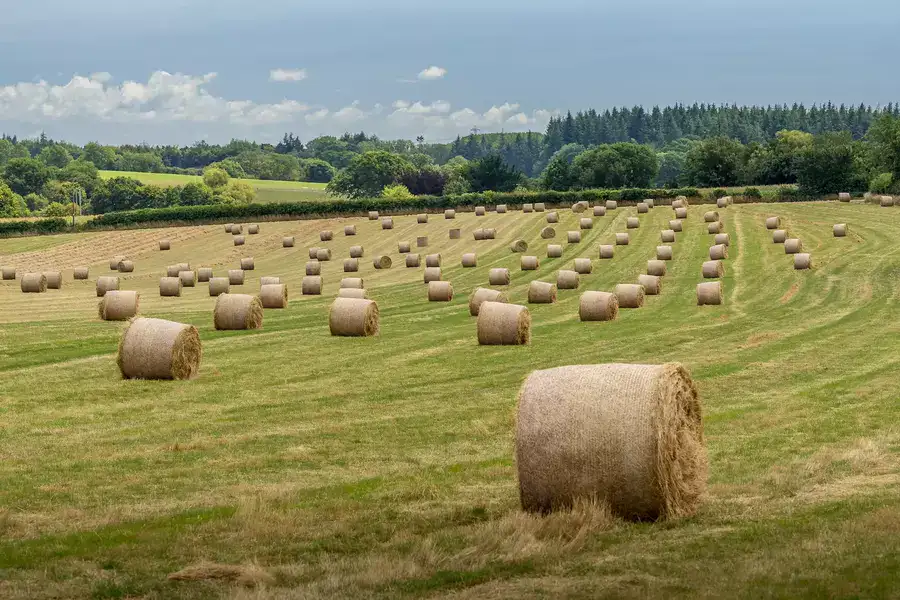
Despite its demanding nature, Bermudagrass has a low potential for disease, mirroring the robust health infrastructure of a well-managed city. It's a tough grass that's built to withstand the pressures of city life, making it an ideal choice for a bustling metropolis like Houston.
To sum up, if you're in search of a hardy, resilient grass for a high-traffic area in Houston, Bermudagrass should be at the top of your list. Its strength, adaptability, and striking aesthetic make it a top contender for the best grass seed for Houston.
Centipedegrass
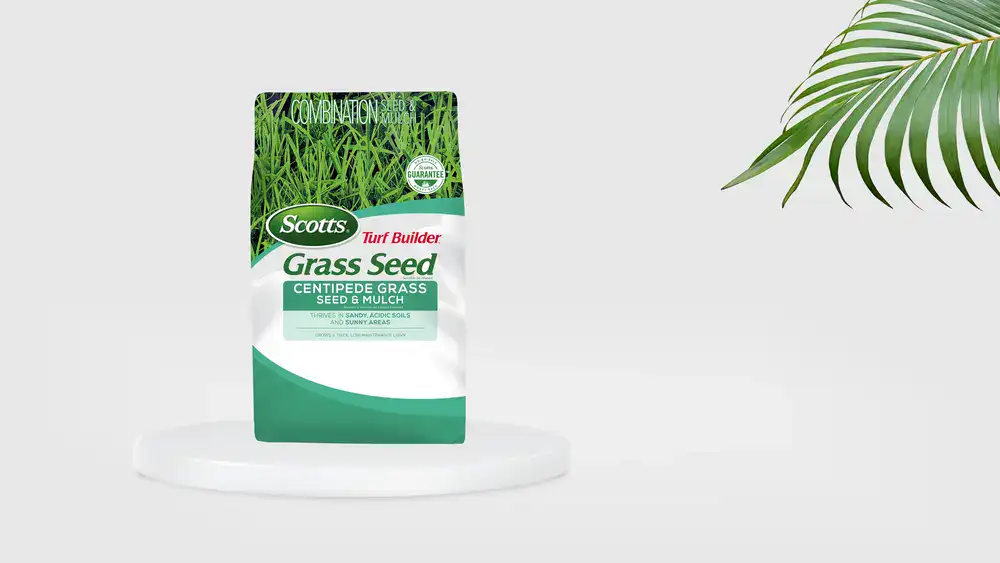
Centipedegrass, or Eremochloa ophiuroides, is a grass that can be characterized as the quiet achiever in the lawn game – it's not flashy, but it consistently produces good results. This warm-season grass, colloquially known as the "Lazy Man's Grass", could be a compelling choice for Houston's lawns, fitting into the city's diverse, easygoing lifestyle.
Centipedegrass grows by spreading its stolons, much like Houston's own freeway system sprawls across the city. It holds a medium shade tolerance, outshining Bermudagrass in this aspect, but it doesn't quite match the shade-endurance of St. Augustine and Zoysiagrass. Nonetheless, it can create a dense, attractive, weed-free turf that remains controlled around flower bed borders and walks – a trait that's as reliable as Houston's METRO Rail system.
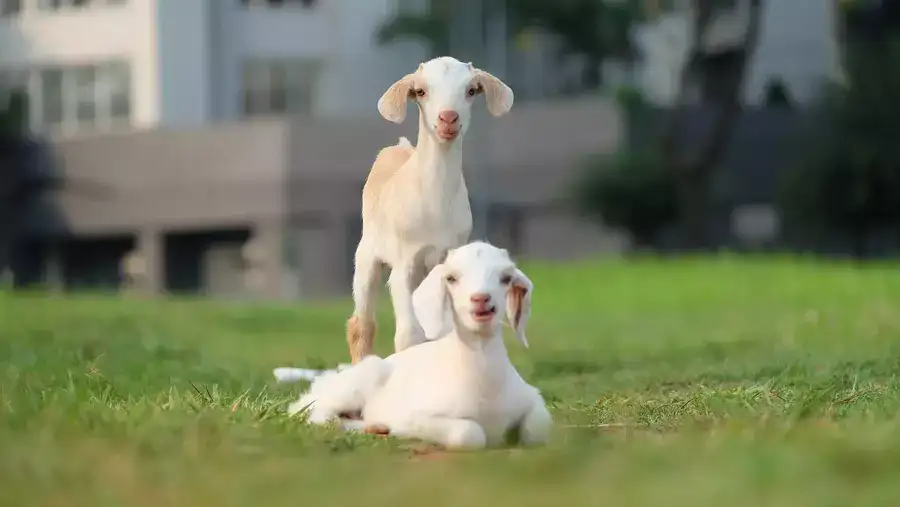
Drought tolerance in Centipedegrass is medium, which means it can handle Houston's summer heat, but it appreciates a bit of hydration during periods of drought stress, particularly in the fall. Its foot traffic tolerance is low – it might not be the best choice for a backyard football game, but it's perfect for the homeowner seeking a visually pleasing lawn that requires minimal upkeep.
Maintenance of Centipedegrass is akin to maintaining a classic car – it doesn't need much, but what it needs, it needs done right. Minimal fertilization and a mowing regimen every 7 to 10 days will keep it looking its best. Overfertilization can lead to issues, much like overworking an engine. Its mowing height sweet spot is around 1.5-2 inches, and care should be taken to prevent thatch accumulation.
The resilience of Centipedegrass is notable; it's resistant to most insects and diseases, with a potential for disease that is low to medium. This grass is like a well-rounded athlete – it doesn't top the charts in any specific category, but its overall performance is impressive.
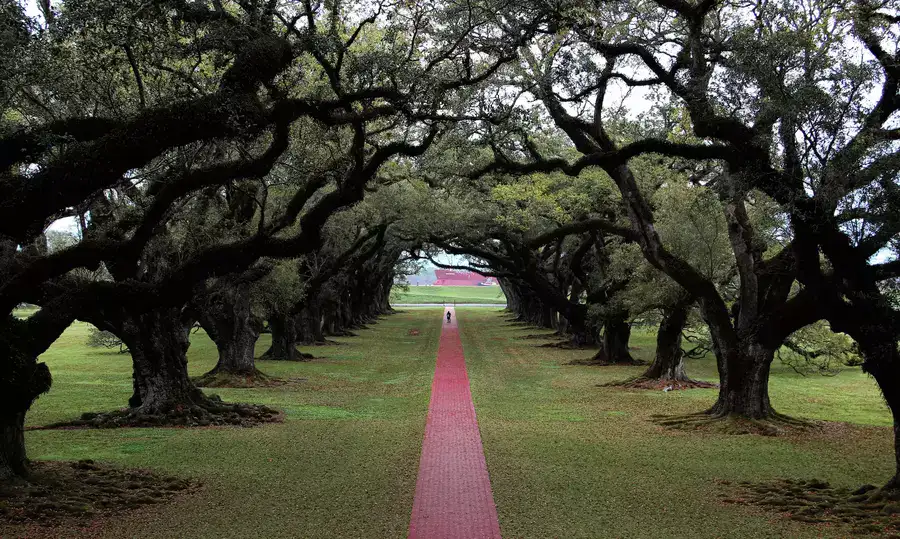
Interestingly, Centipedegrass flourishes in acidic soils, demonstrating its adaptability. It's well-suited to soils of low fertility with a pH of 5.0 to 6.0, though it shows its best performance at a soil pH of 6.0 to 6.5. It's a grass that's not picky about its living conditions, much like Houston's welcoming and diverse community.
In conclusion, Centipedegrass is an excellent choice for Houston homeowners seeking a low-maintenance, attractive lawn. Its minimal care requirements and resistance to common lawn threats make it a reliable and appealing choice. When managed correctly, it can create a lush, weed-free lawn that adds beauty to any home.
Seashore Paspalum
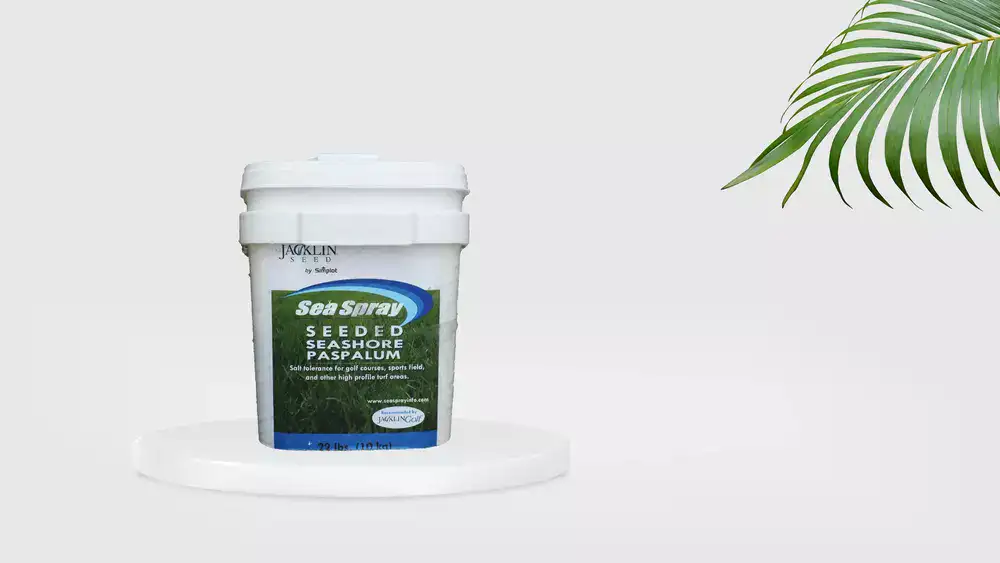
Seashore Paspalum is the embodiment of resilience, reflecting the spirit of Houston – a city known for its ability to bounce back. This warm-season grass has a knack for thriving in warm, coastal areas, which makes it an optimal choice for Houston's warm and occasionally salty conditions.
Seashore Paspalum spreads like a good rumor, using stolons and rhizomes. This gives it the capacity to fill in and repair damaged areas quickly, much like Houston's rapid rebound after setbacks. But it's not all sun and surf for this grass; it has a low shade tolerance, so it thrives best in locations with ample sunlight.
When it comes to drought tolerance, Seashore Paspalum behaves like a seasoned Texan, holding its own admirably. It has a similar spirit when it comes to foot traffic, with a medium to high tolerance that makes it an ideal choice for active yards, much like the bustling streets of downtown Houston.
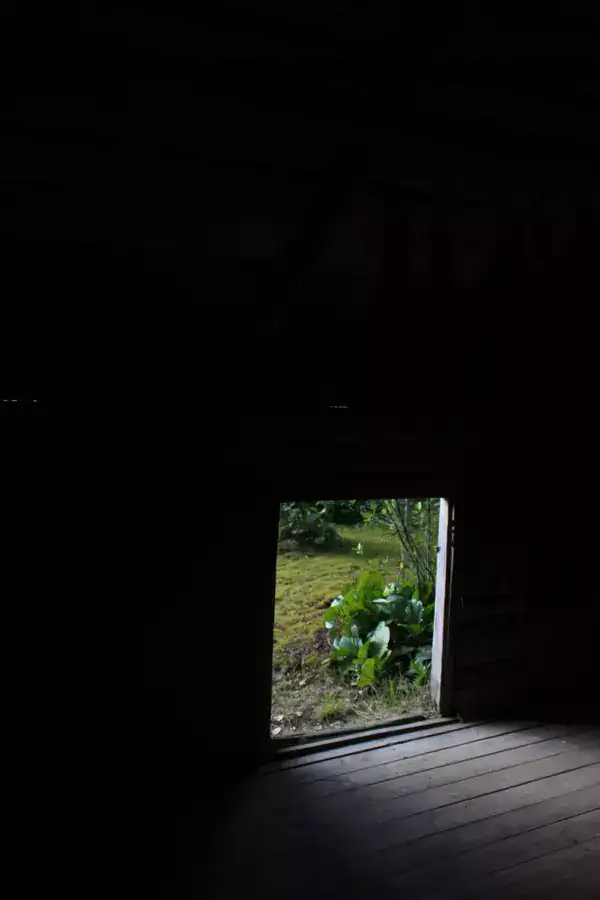
Maintenance needs of Seashore Paspalum are surprisingly low. A once-a-week mowing schedule is typically sufficient for home lawns, though it can be a bit more demanding in high-traffic areas, potentially requiring a trim every 3 days, akin to the regular grooming of a prized show dog.
The potential for disease in Seashore Paspalum is low to medium, much like Houston's own health-conscious population. One should note that it does like to spread, so impervious barriers around flower beds are recommended to prevent unwanted encroachment.
Seashore Paspalum shows its Southern charm by thriving best in the southern one-third of Texas. Its ability to endure salinity in soil and irrigation water is a testament to its robust character. It also requires less nitrogen fertilizer than Bermudagrass, making it a more eco-friendly option.
Mowing height is crucial with this grass, and keeping it between 0.5 to 1 inch can help ensure optimal health and appearance. As mentioned, it's a high-maintenance grass, like a luxury car requiring regular tune-ups.

Seashore Paspalum is a popular choice for sports fields and golf course fairways, thanks to its tolerance for foot traffic and its dense, appealing texture. It's also a favorite for high-maintenance lawns where a lush, uniform appearance is desired.
In conclusion, Seashore Paspalum is a grass that embodies the resilience and beauty of Houston. It's a strong, adaptable, and attractive choice for homeowners in warm, coastal areas, delivering a robust and appealing lawn with the right care and conditions.
FAQ
What are the best grass seeds for Houston?
The best grass seeds for Houston are Bermuda and St. Augustine.
Can I plant cool-season grass seeds in Houston?
No, cool-season grasses are not recommended for Houston's climate as they do not thrive in the warm and humid conditions.
When is the best time to sow grass seeds in Houston?
The best time to sow grass seeds in Houston is in late spring or early fall when the temperature is between 75-85°F.
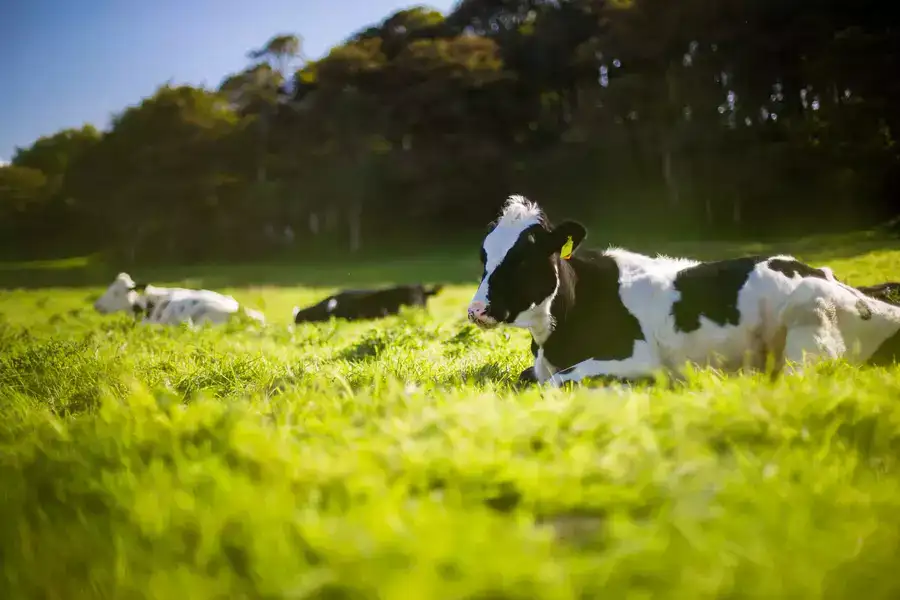
How often should I water newly seeded grass in Houston?
Newly seeded grass in Houston should be watered regularly, keeping the soil moist but not waterlogged. Water once or twice a day for the first few weeks, then gradually reduce watering as the grass becomes established.
How long does it take for grass seeds to germinate in Houston?
Grass seeds typically germinate in 7-14 days in Houston's climate, but this can vary depending on the type of grass seed and the soil conditions.
Can I mix different types of grass seed in Houston?
Yes, you can mix different types of grass seed in Houston. However, it is recommended to choose grass seeds that have similar growth patterns and maintenance requirements.
Which grasses are not recommended for Houston?
Zoysia and fescue grasses are not recommended for Houston because they are not well-suited for the region's hot and humid climate.

Which grasses other than seashore paspalum have a high tolerance for salt?
Bahia grass and Bermuda grass have a high tolerance for salt, making them ideal options for planting near the coast.
What else should I know about planting grass in my East Texas lawn?
In East Texas, it's important to choose grasses that thrive in the region's high rainfall and acidic soil, such as centipede grass, St. Augustine grass, and zoysia grass.
When should I plant grass in Houston?
The best time to plant grass in Houston is between late March and early May, or between late August and early October.
